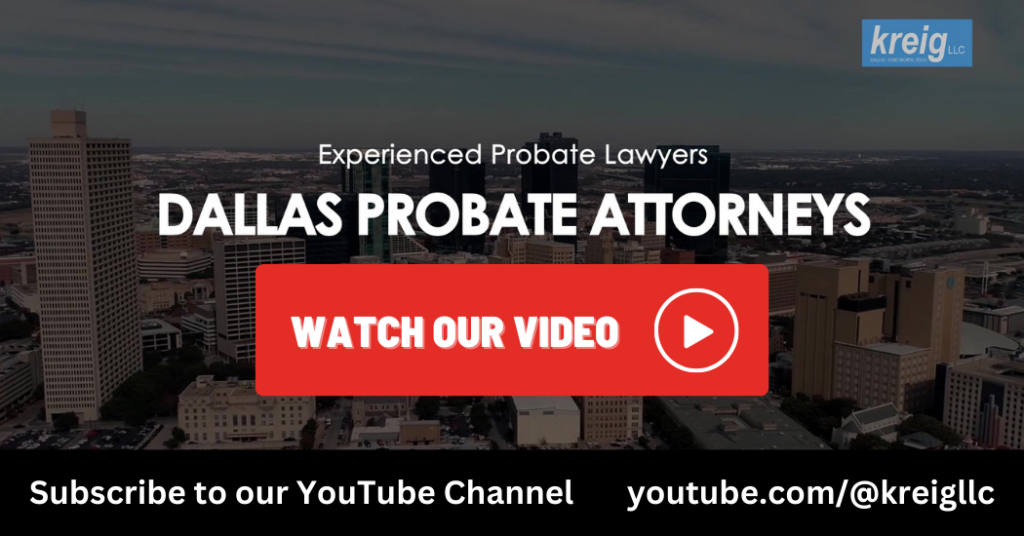Introduction
If a party files a motion to probate a will or administer an estate, their dispute is outside the realm of federal jurisdiction. Typically this occurs when an executor or administrator files in the United States.
The Ninth Circuit applies the Second Circuit’s two-part inquiry to determine whether a controversy implicates probate matters such that the probate exception to federal jurisdiction applies. The court will first consider whether the matter is purely probate in nature, that is, whether the federal court is being asked directly to probate a will or administer an estate. Almost no one would be foolish enough to seek letters testamentary or of administration from a federal judge, so the response is almost always “No. The second part of the inquiry focuses on whether the matter is probate related by determining whether, by exercising jurisdiction over the matter, a federal court would: (1) interfere with a probate proceeding; (2) take general jurisdiction over probate matters; or (3) assume control of land and other assets being held by a state court.
Legal Case
In re Marshall, 392 F.3d 1118 (9th Cir. 2004). In Marshall, the Ninth Circuit held that the probate exception (a) applies not only to diversity cases but also to federal question cases and (b) precludes federal subject matter jurisdiction when a question that “would ordinarily be decided by a probate court,” such as the invalidation of a trust, constitutes “a necessary step supporting” a federal district court’s holding regarding a tort claim.
Vickie Lynn Marshall, the surviving spouse of J. Howard Marshall II, filed a claim against E. Pierce Marshall alleging that he tortiously interfered with an expected inter vivos gift from the decedent. Three courts — the Texas probate court, the U.S. bankruptcy court, and the U.S. district court — rendered conflicting judgments that decided the claims of the surviving spouse, and made determinations about how much of the decedent’s net property would go to his trust and probate estate. As the probate of her deceased husband’s estate was underway in Texas, the widow filed for bankruptcy in California. The bankruptcy court proceedings resulted in Vickie Lynn Marshall being awarded a money judgment by the district court for intentional interference with an inter vivos gift that she expected from her father. Marshall filed a timely appeal from the district court’s money judgment. In a cross-appeal he filed with the United States Court of Appeals for the Ninth Circuit, he sought to reverse the district court’s determination that the bankruptcy proceeding was not a core proceeding. She was also critical of the damages awarded by the district court, which reduced the amount she had been awarded in bankruptcy.
Issue and Answer
Does the probate exception to federal court jurisdiction apply to bankruptcy cases as well as to the claims initiated in the Texas probate court regarding the contesting claims on the decedent’s property? No, the probate exception does not apply to bankruptcy cases.
Take Away
The Ninth Circuit Court of Appeals held that it has jurisdiction over bankruptcy appeals because it did not involve the administration of an estate, the probate of a will, or any other purely probate matter. The Court held that bankruptcy courts, in matters of probate, are bound by the Probate Exception to Federal Court Jurisdiction and are required to refrain from deciding state law probate matters. The Court vacated the district court’s final judgment and remand with instructions.
Do you need a probate lawyer to in Dallas/Fort Worth Texas?
Hire an Experienced Probate Attorney in Dallas/Fort Worth. Do you need help with a probate matter in the DFW-metro area or the surrounding Texas communities? We are experienced probate lawyers who represent clients with sensitive probate matters. If so, please give us a call us at (469) 829-7940 or use the contact form on our homepage to see how we can help.

Related Questions
Can federal jurisdiction be waived?
Federal jurisdiction can be waived in court, but it is important to note that the Supreme Court has made it clear that a defendant cannot waive federal jurisdiction and then later claim that his or her case should be heard in federal court.
What are the 3 types of federal jurisdiction?
There are three types of federal court jurisdiction: subject matter, diversity, and removal. The U.S. district courts have subject matter jurisdiction over civil lawsuits, as well as criminal cases that are charged by the federal government, such as drug crimes or copyright violations. They also have jurisdiction over bankruptcy cases and appeals from state court decisions involving federal law, among other things.
What criteria are used to determine the jurisdiction of a federal court case?
There are two main criteria that are used to determine the jurisdiction of a case. First, the parties to the case must be from different states or countries. Second, at least one party must have a significant amount of business activity in the state or country where suit is filed. In addition, if a federal court has already decided an issue, the same parties cannot bring up that issue in another suit.
Which Texas court does not have jurisdiction over probate matters?
The probate exception to federal court jurisdiction means that probate matters are exclusively within the jurisdiction of state probate courts. Probate matters in Texas are not covered by federal court jurisdiction. The probate exception applies to disputes over the estate of a decedent. Probate courts have concurrent jurisdiction with state civil, criminal, a nd juvenile courts over probate matters.
Is probate state or federal?
In the United States, a probate court is a court of limited jurisdiction. It has the power to oversee the administration of a deceased person’s estate. Probate court has jurisdiction over the assets, including real property and personal property, of a deceased person. Probate matters are within the exclusive jurisdiction of state probate courts. For example, federal district courts do not have subject matter jurisdiction to probate a will or trust.
Don't miss out, get a copy today!












